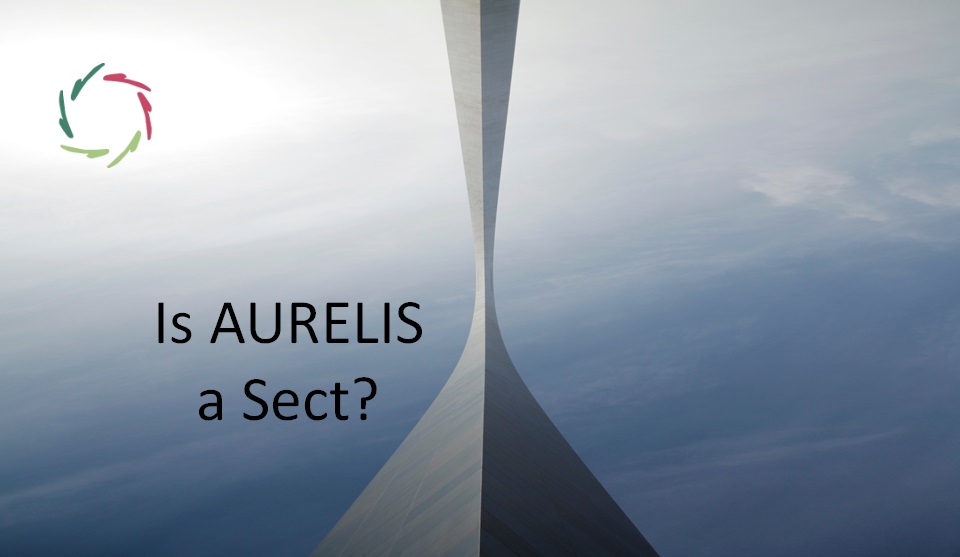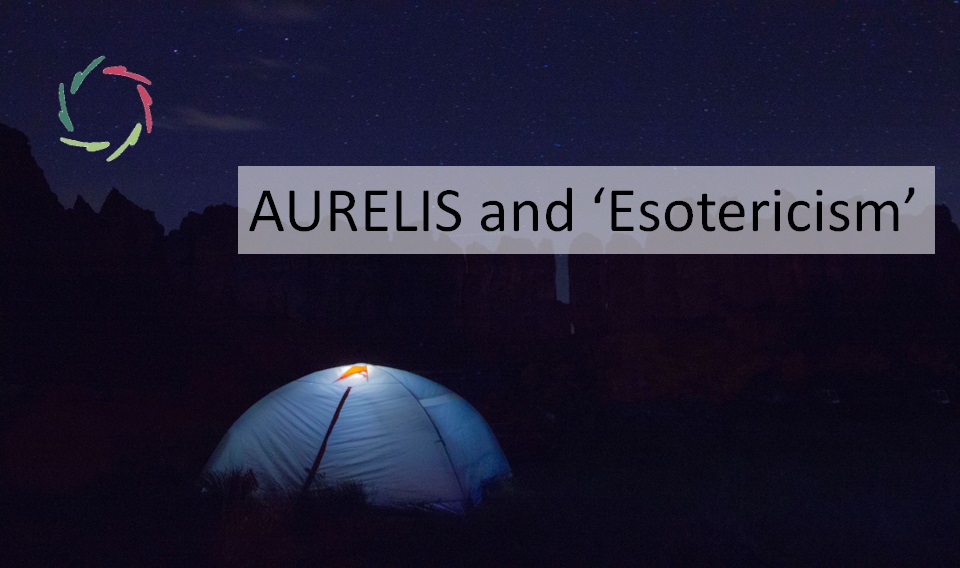Can I? Should I? Will I? (in Medicine)

A time of many crises is also a time of many opportunities. In medicine, the challenge is that of a radical turnover. Are we ready? Is medicine ready?
►►►WHY read this? For physicians and patients alike, to go with the flow will lead to a different flow, soon enough.◄◄◄
Physicians used to be magicians.
We’re talking about some thousands of years ago, arguably.
Nowadays, physicians are more like technicians. However, the technology appears to be magic to many patients. In a sense, it is. It’s frequently experienced as such. Thus, with ups and downs, the relationship between physicians and patients hasn’t entirely changed in all these years.
The physician as the one who can, should, and will
With this reassurance, people know – or live with the idea – that they are being taken care of. When needed, one can rely on the expert’s expertise, the ‘doctor’ (= ‘the one who has studied and can teach others’). This is more than just a situation. It is a meaningful, symbolic environment.
It is part of the space in which people can live a meaningful life. Therefore, it needs to be respected as long as required.
It may no longer be needed.
For the first time in history, the patient may radically and openly use his mind as a cure. [see: “Your Mind As Cure“] Technology and neurocognitive insights enable us to do so. This may essentially change healthcare towards patient-centeredness as never before.
The physician as a technician may then also be transformed into a – hopefully, surely, empathic – technician as never before. People will find their ‘magic’ inside themselves, thus not need a physician to accomplish this aspect.
‘Inner Strength’ then gets its full meaning.
AUREL-I.S. can be a support towards the use of this Inner Strength in several ways. This support will be from inside out, which means that the patient/client/user is respected in his complexity. [see: “Complex is not Complicated“]
Organically, not mechanically.
This is a huge endeavor that shouldn’t be taken lightly at all. At the same time, it is quite natural. People have this Inner Strength inside. However, there is little experience in how to enable them to use it on a grand scale.
So, one needs to be cautious.
This is a primary reason why AURELIS, at the core, is a philosophy of profound friendliness. Only when one is ready for change as a total person, then change-from-inside can and should happen. Such change is a process of growth.
Nobody should be coerced or even coerce himself to change when not ready.
Caregiver efficacy
Are caregivers ready? Do they feel competent in this? Not so much.
This way, one can expect and understand much resistance from caregivers. They don’t feel competent in this area – no education, no expertise, no dedicated journals. And that’s OK. It is as it should be.
The thing is: They too need a lot of guidance.
The other things is: We need a profound revision of healthcare. [see: “AureliCare“]
Status?
The caregivers’ role will drastically change. Especially those in a present-day position of high status might have some doubts.
Well, I think they will not have less status, only one of a different kind, and more to their liking. Nowadays, many feel a burden-of-magician put on their shoulders by many patients. Most medical experts want to deliver technical guidance in the process of illness, not magical support. The latter may be strangely attractive, yet it’s not satisfying to most scientifically minded doctors. The goal of a present-day physician is not to be a magician.
It is, instead, to many providers of alternative medicine, who seemingly want to ‘play doctor,’ but, really, they want to ‘play the magician.’ Eventually, this is bad for everyone. Fortunately, in a setting of Inner Strength, people will not need this outer magic anymore. This is a future goal, not a present situation.
What one has inside is already ‘magical’ enough.
At the same time, it’s compatible with science. This way, science can prevail as it should. Not therefore the science of today, but ‘science’ as a general endeavor, never stopping to dig and delve towards something closer to truthfulness.
AURELIS is dedicated to science this way. [see: “Importance of Science to AURELIS“]
As many may feel, there’s quite a challenge ahead.


